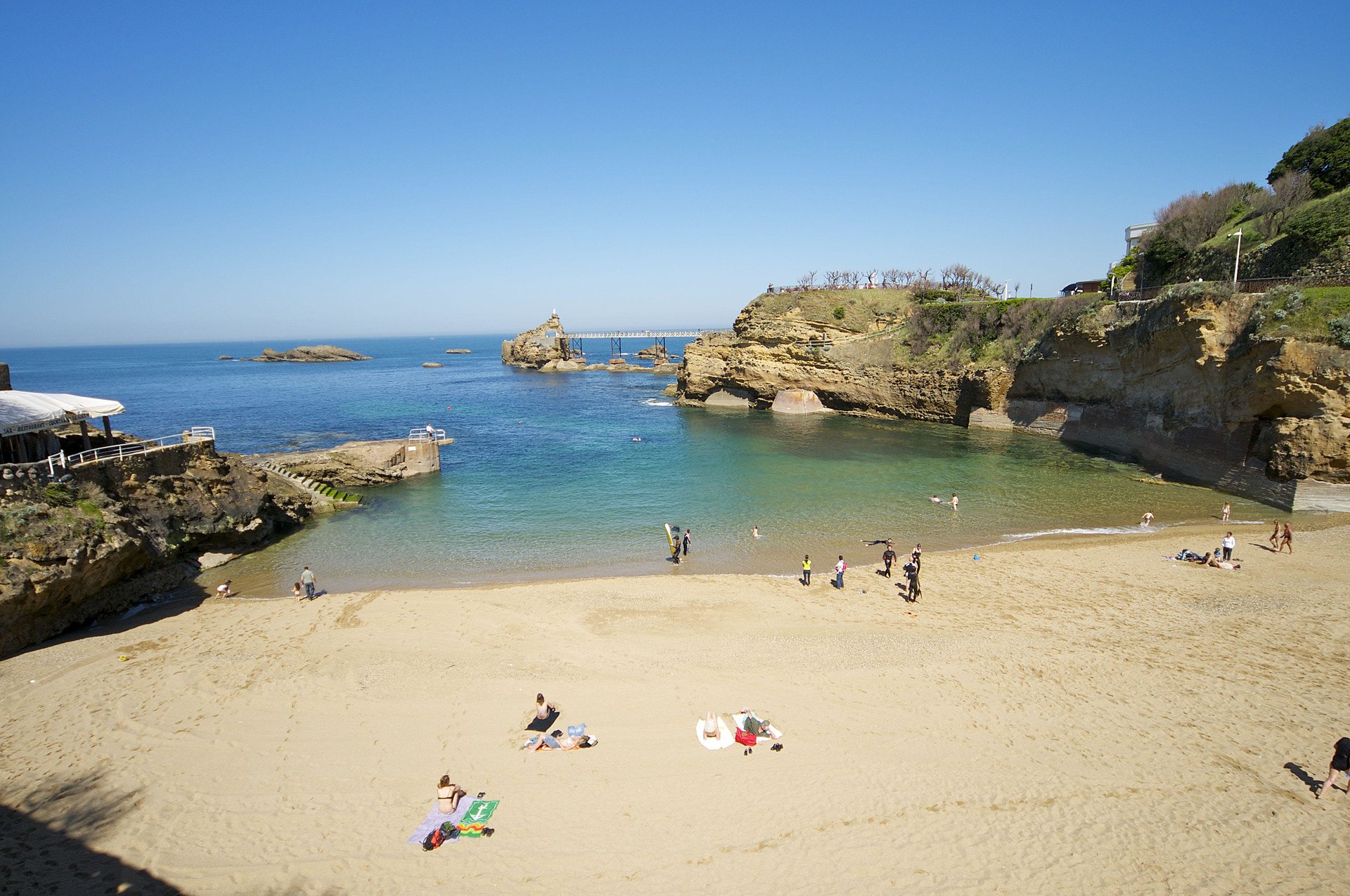We owe our good shape to staying in contact with water. Swimming, surfing, stand-up paddling, all these fun activities depend on the quality of the water. But, if we can avoid going in when pollution occurs, that is not the case for our seaweeds.
They are immersed day all the time, in the sun and when the rivers overflow. Luckily for us, the seawater off the Basque Country is consistently classed as ‘excellent’, year after year. Dive in with us to learn a bit more about this ranking.

Monitoring Water Quality in Bathing Areas
Since 2014, Biarritz has put an emphasis on the quality of the water off its beaches, and enjoys the «Bathing Water Quality Measures» label established by the French Ministry of the Environment, Energy, Sustainable Development and the Oceans. In summer, the water is tested everyday.
It is thanks to the diligence of Rivages Pro Tech, a local business, that this monitoring is possible. Every summer day before the sun rises, technicians visit the beaches to collect samples. These are in turn brought back to their lab, where very rigorous analysis will enable a quick and accurate evaluation of bacterial load. In parallel, advanced computer modeling techniques are used to help assessment and follow-up.
At the same time, efforts on water treatment are showing their results: the water of Biarritz’s beaches have been classed as good to excellent for the past 4 years. The improvements that were made insure that any eventual slumps in quality only occur after heavy rains.
PS: During heavy rainfalls, swimming should not occur for the next 3 days.
There is even a smartphone app, Biarritz Infos Plages (in French), that lets the user follow water quality on our favorite beaches during the summer season. It also includes the UV Index of the day ?
A Major Project in the Works
However, water quality is not just the bacterial load. We are hearing more and more about the effect of pesticides and other chemicals on our bodies, but their effects on the environment are still not very well defined.
MICROPOLIT, an ambitious project lead by the UPPA (Université de Pau et du Pays de l’Adour – a regional university), has a mission to assess the impacts of this type of pollution on our coast. Around 50 scientists in several labs will be working together in a truly multidisciplinary approach. At stake : nothing less than the good ecological health of our coastlines.
Here at the Laboratoires de Biarritz, we will be following the development of this project with a keen eye. For our seaweeds, and ourselves!